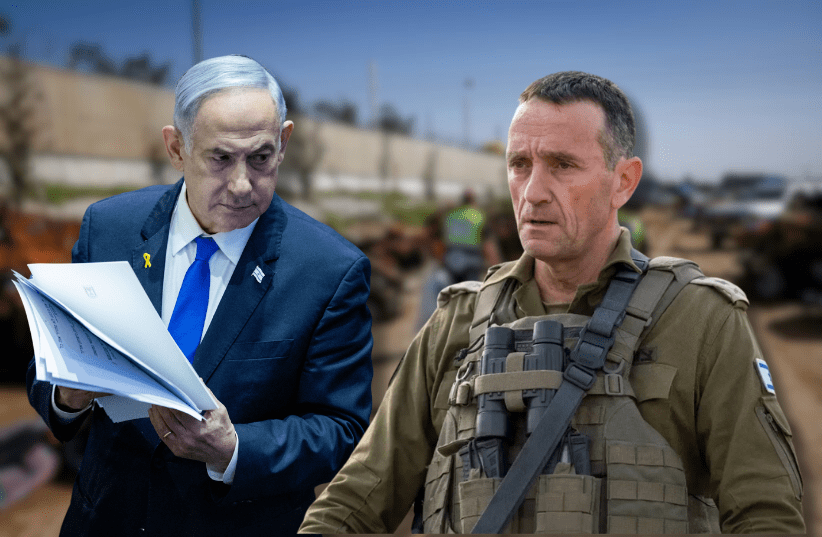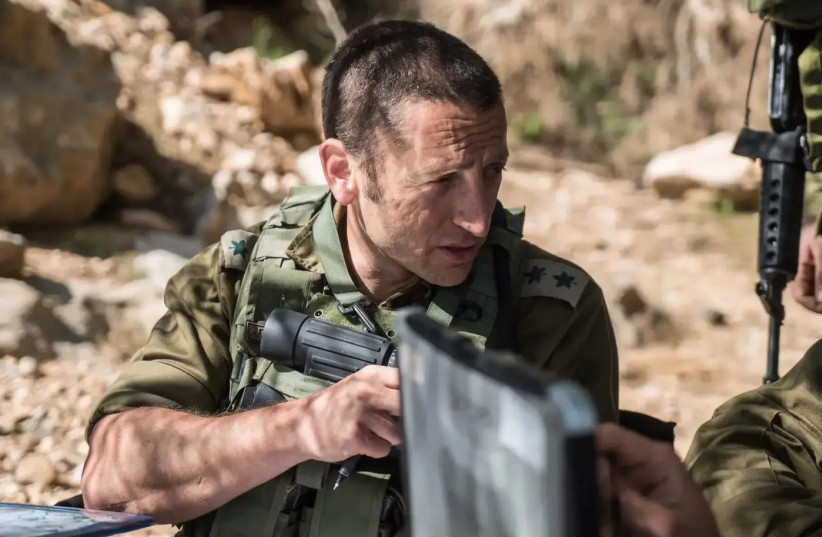Officially, the IDF probes on October 7 will only be disclosed to the public in mid-July. On Wednesday, Channel 12 reported leaks of some of the key findings; the IDF, notably, did not deny the report.
Although the IDF also did not confirm it, the military has been aggressive in its denials of other leaks about failures related to October 7, so the complete silence in the face of this latest report is telling.
According to the report, the probe will find numerous cases of friendly fire errors leading to tragic deaths, groups of IDF soldiers who were too hesitant to confront Hamas invaders (as still others rushed to fight without being formally summoned), higher-up commanders ordering some groups of soldiers to remain in a reserve second-line capacity – when they should have headed into the front, and not knowing how to handle complex battlefield questions involving a hostage situation in Be’eri.
What will the consequences of the findings be?
One of the consequences of the findings to date – some of which are final, while others are interim – could be a freezing of the promotion of Brig.-Gen. Barak Hiram to the post of commander of the Gaza Division.
He has been one of the most controversial commanders in this war since he allegedly gave orders to fire on residential units that included both Hamas terrorists and hostages, potentially killing a dozen hostages.
Even this narrative is debated, as his attack order may have been focused on saving his soldiers who were under fire. It is also unclear whether there was any other way to secure the hostages’ release without attacking their Hamas captors.
Some hostage families would raise an outcry if he were posted to the Gaza Division command, while many military personnel would object if he were not, given his overall success rate and record.
On June 5, the IDF announced that it would release its probes on a rolling basis in July and August.
Aspects will be presented by key officers to IDF Chief of Staff Lt.-Gen. Herzi Halevi in early July and will be available to the public late summer after they are integrated with other issues.
Details of the probe
It will examine everything relating to the Gaza concept and the security establishment’s outlook on it back to 2018.
The IDF has said it expects probes to look even further back in time, as part of a state inquiry and State Comptroller report. If the military itself went back beyond 2018 though, it would mean delaying the publication, which would be increasingly problematic with the passage of time.
The probe of the invasion and the battle for Be’eri could potentially be the first, led by Maj.-Gen. Mickey Edelstein. Some 40 other probes are expected to follow.
A probe focusing on the events of October 6, including specific warnings and operational moves made or not made during that period, will likely be publicized in early August.
Despite the IDF probe, most defense officials are calling for a state inquiry to probe the decisions and actions of the government. Prime Minister Benjamin Netanyahu has opposed any state inquiry, fearing its political consequences for his coalition.

